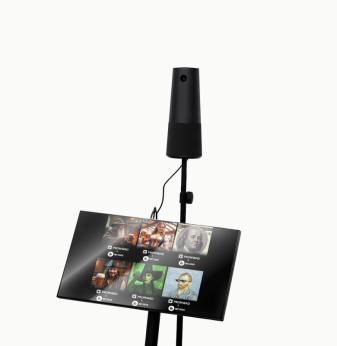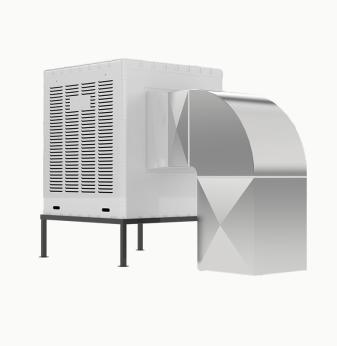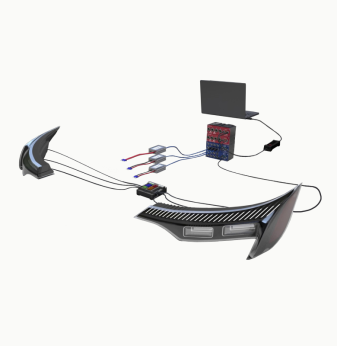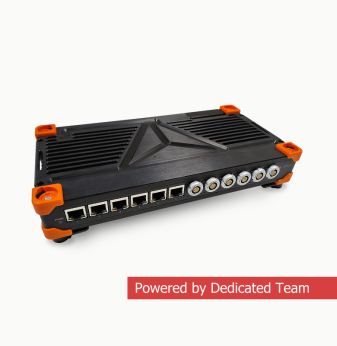How Promwad Relocates Its Business to Europe: Analysing Experience of Baltic Tech Сompanies
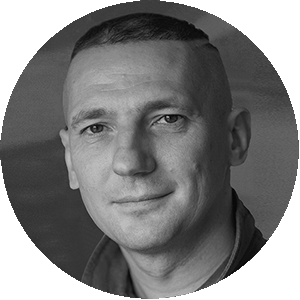
Written by Roman Pakholkov
a founder and chairman at Promwad
In this article, I will talk about how the Promwad Electronics Design House is integrating into the European ecosystem, abandoning our plans to develop business in Belarus and Russia. My interviewee is Victor Kononov, the head of the Latvian company Volburg. He will add his thoughts on how Latvia's accession to the EU has affected the electronics industry in the Baltics.
Contents
- How Baltics Got Involved in EU Business Ecosystem
- Letera Association to Promote Electronics at State Level
- Conclusion
We have found ourselves in a new reality: along with the lives of people in Ukraine, business ecosystems and supply chains are collapsing, not only in Europe but also beyond.
This upheaval is akin to the collapse of the USSR, extending over 20-30 years. It will not be easy to survive during this transformation, but I believe it is possible. After all, the Baltics managed to recover from the collapse of the Soviet electronics industry and successfully transformed themselves during 20 years as part of the EU: they managed to join the European ecosystem and develop well-run engineering companies and entire clusters.
I, Roman Pakholkov, the founder of the Promwad Electronics Design House, went to Riga to talk about it with my long-time client and colleague Viktor Kononov, the head of Volburg, which has become a strong automotive electronics manufacturer in Latvia using the EMS business model.
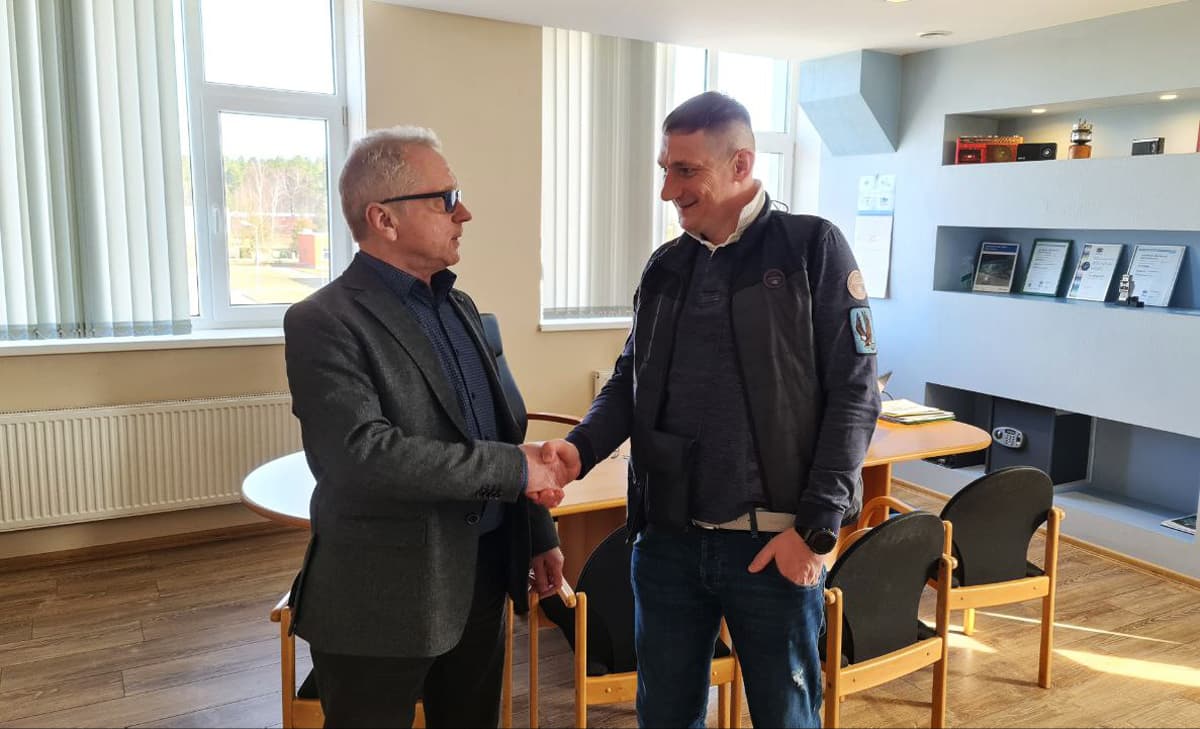
Victor Kononov, Managing Director at Volburg and Roman Pakholkov, CEO at Promwad
What “Baggage” Did I Bring to This Meeting?
The history of Promwad begins in 2004 in Belarus. We were the first private company in the country that worked according to the Electronics Design Services model (EDS) and provided a full cycle of electronics development, from the proof of concept to the launch of mass production. A team of engineers from Belarus, Ukraine, and Russia worked on projects for global brands, created our own business ecosystem, and became the largest independent electronics design house (IDH) in Eastern Europe.
In 2014, it became obvious to me that the business had to be moved to Europe. Not only our clients had to be in Europe and America, but we ourselves had to live and work in the EU. Then I moved to Vilnius to develop the new Promwad office. Since then, we have opened two more locations: an engineering office in Daugavpils, Latvia, and a sales office in Essen, Germany. This is how we have become a truly European company, headquartered in Vilnius.
Teams in Lithuania, Latvia, and Germany employ both local engineers and our employees from Belarus. And after the events of 2020, the process of relocation of the Belarusian office speeded up: it became difficult to live and work in the country.
When we started our way to the EU, no more than 30% of Promwad's client portfolio was in Europe; the rest was the CIS companies. By 2022, the statistics had changed fundamentally: now, the core of our portfolio consists of the EU and the USA clients. On the morning of February 24, it became clear that this was not enough, and we had to choose with whom and where to continue our business. Staying in both the West and the East is almost impossible.
On the thirty-sixth day of implementing our business continuity and disaster recovery plan, I came to Riga to meet with our old partner, Victor Kononov, to share the news and learn from his experience.
First News: The Growth of Volburg’s Purchasing Dept
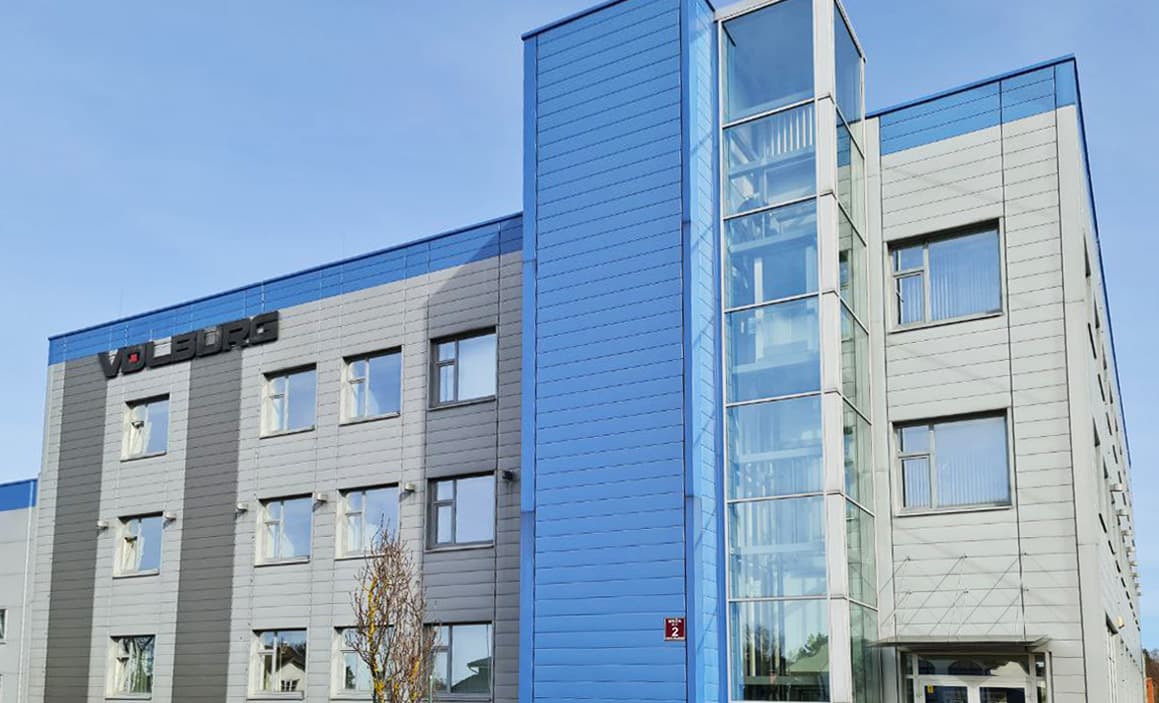
Volburg office in Riga
Victor Kononov is the founder of Volburg, a large Latvian developer and manufacturer of electronics for industry, automotive and energy-saving fields. 80% of production is exported to the EU countries: Germany, Great Britain, and Scandinavia. It has been possible to reach such a high export figure within 10 years.
The Volburg engineering and production team occupy a separate building in Riga. Victor met me in his office and shared the first news: Volburg has doubled its purchasing department because chip delivery time and cost have become critical to the company's success. Its logistics had just begun to recover after COVID-19 when another crisis hit the industry. The supply chain will break again, but we don't know where. It's like a domino effect.
Relocation of Promwad Employees to Europe
Then we turned to the topic of engineers' relocation. I told Viktor about the significant expansion of our R&D center in Latvia.
Victor: "How does the company help with relocation? Do you finance accommodation for employees or an office for employees?"
Roman: "We offered our employees to choose Serbia, Latvia, Lithuania, Poland, or Georgia for relocation. We took care of the organisational issues: assistance with visas, paperwork, and real estate agents' fees.
Some of our employees chose to move to Lithuania. We are now working with Invest Lithuania and LIAA, a Latvian investment and development agency.
We also have a new location, which will become one of Promwad's main offices in the future — Nis in Serbia. A business partner from the EU recommended me to pay attention to this city. Firstly, there are contract manufacturers there and access to measuring technology. Secondly, there is a university, which means that, in the long term, we will be able to hire local engineering talents. And thirdly, Serbia is now a link between Europe and the CIS countries.
We collected information on opening a legal entity, obtaining a residence permit, and visas. With the information available, we decided that this city was the best solution. Another part of our team is now working from Georgia and is still deciding whether to stay in this country or move on".
How Baltics Got Involved in EU Business Ecosystem
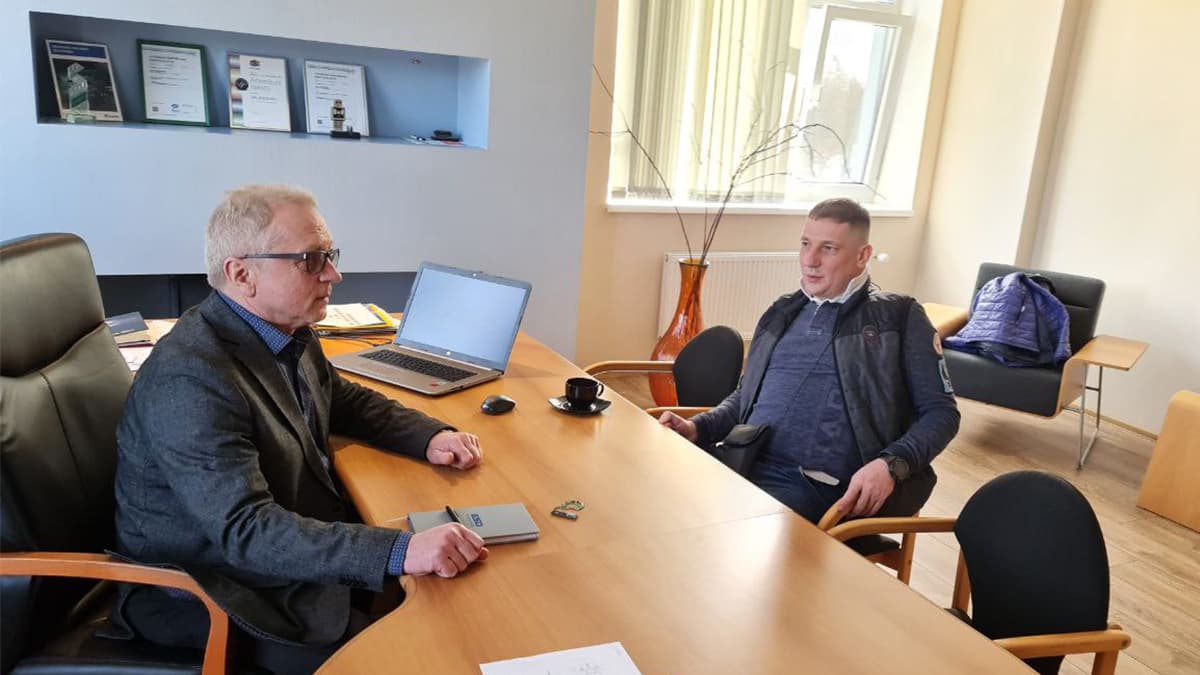
Victor Kononov, Managing Director at Volburg and Roman Pakholkov, CEO at Promwad
One of the topics I want to discuss with Victor is how to effectively continue our integration into the EU. Is it enough for an Eastern European company to relocate employees and end all relations with Belarus and Russia?
Victor: "Roman, I think you have done some market research in the Baltics. Maybe it would make sense to buy some of the companies to make it easier to move on".
Roman: "Yes, we did. We have been evaluating all these years how to move on. There are no big R&D teams in the Baltics. There are small ones scattered in Lithuania. Naturally, some powerful guys work in-house: these are Teltonika and MikroTik. However, Teltonika has EMS as a separate business model.
It turns out that there was no one to cooperate with. If you buy some teams to integrate into the EU faster, you could look at teams from the Czech Republic. The Czech Republic and Slovakia have small teams. But buying a company only makes sense to acquire its client portfolio. And as for engineers, I think that those who come from post-Soviet countries are very good, because there is a strong engineering school there".
The strong school of engineers is not the only thing from the Soviet Union that links us to Volburg. After 30 years, Belarus and our industry in particular are experiencing exactly what Latvia went through a long time ago.
My first impression from a trip to Latvia in the 2000s: from the former industry leader, the huge Radiotehnika company, two dozen people were left. They sawed plywood and glued audio speakers, dealing with loudspeakers and triying to manufacture electronics under some contracts, and the Riga State Electrotechnical Factory, VEF, manufactured mailboxes at that time!
But just a few years later, in 2004, you managed to make a smooth entrance to the EU in Latvia. For business, it was probably a later integration. I keep thinking: are we going the same way now as you made before?”
Victor: "More or less like this... Because everything changed drastically in the 90s. Yes, there were difficult years, a total mess, and so on. In Belarus, almost nothing changed in the 90s. The system remained the same. The same as in Russia. It is even worse: there is a centralization of business and everything else.
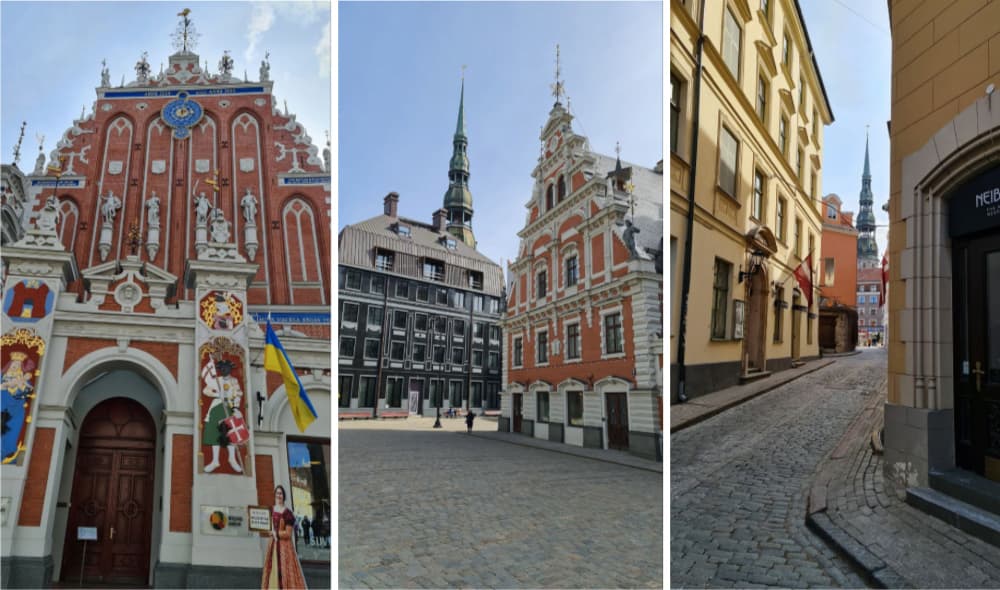
Riga
Roman: "You have a poster hanging in the lobby saying 'Twenty-five years of Volburg'. So you started the business in 95-96?"
Viсtor: "Last year it was 25 years. Actually, I started in 1991. I closed my first company. It was difficult, and I did side jobs. Then I opened Volburg in 1996. We had our first clients from Germany, which gave us a good start. So we were focused on the Western market from the very beginning. In 2003-2004, I met my current Swedish partner. He convinced me to sell my shares and move on together. At the time, I thought: "What a horror! I've been dragging this company along for 8 years and I should sell everything...". Well, not everything... The decision was difficult, but the right one".
Roman: "Has the integration of the Baltics into the EU brought anything positive for business? Conservative-minded people who lived in the USSR say that they have only lost from the EU integration. And when it comes to business: has it gained or not? What can you say?"
Viсtor: "I think it has definitely won. Firstly, we joined the European logistics, supply chain and payments.
Secondly, we joined European funds. We have implemented at least a dozen projects with their support over the years. And on the whole, the projects were for a couple of millions. For the most part, they are investment projects and developments. This is very good. And it is not only integration into the system of financial support.
Thirdly, training and professional development are very important. In the EU, we have to follow IPC standards and have certified specialists. Thanks to the European system, we are connected to certification programmes directly, and we have training organized all the time.
I think that entering the EU was beneficial, especially for small countries like Latvia, Lithuania, and Estonia.
Roman: "But despite the fact that Latvia became an EU country, young people were leaving for the West in the 2000s. Surely they are leaving now?
Victor: "Yes, they left a lot, hundreds of thousands. And this has definitely damaged our industry. And the low birth rate in the 90s and the loss of interest in engineering professions did their job: the labor market is in big trouble.
The good news is that in the last 10 years a lot of people have come back. Those who have worked in the West are coming back, many of them in the right companies. These people think differently, and that's good. Good staff are coming back, they don’t need to be trained”.
Letera Association to Promote Electronics at State Level
Victor Kononov is a member of LEtERA, the Latvian association of the electrical and electronics industry. It aims to develop and popularise the industry. One of the methods is to promote better technical education. "The problem is that in the 90s there was a shift of emphasis in education and people rushed into becoming lawyers, economists, financiers, businessmen, and managers. And there were no engineers," says Victor. — Moreover, physics has disappeared from many schools, and there is no longer a compulsory physics exam. LEtERA has been proposing in recent years to bring it all back: to train physics teachers, to introduce a compulsory exam.
Conclusion
And finally, I asked Victor one last question that we had raised many times with colleagues and partners in the EU: "We are a European company that was born in Belarus. But what can we make of this fact?
We value our reputation, we are not trying to keep a foot in both camps, and we honestly follow our principles: we sell the Belarusian and Russian segments of Promwad's business, we relocate employees.
Would it be more honest if we rewrote our history and “forgot” where we came from?"
Victor: "The question is difficult. There are corporate laws of big companies. Well, what to do? If the global situation is such that dictators have ruined the lives of millions of people. It is a fact of life..."
On the way home to Vilnius, I thought about the parallels between Promwad and Victor's company: Volburg integrated into the EU business system and global supply chains in the early 2000s, but we started this phase in 2007 when Promwad had its first customers in Switzerland and Canada. Whatever events coincide with our history — the crisis in 2014, the events of 2020 in Belarus, and the war in Ukraine in 2022 — customers choose us because of our outstanding professional competence. And that means we are on the right way, with new cities and offices ahead of us.

Author: Roman Pakholkov, a founder and chairman at Promwad
Do you want to talk about it? Feel free to share your ideas and questions with Roman by writing to him on LinkedIn.
Our projects

